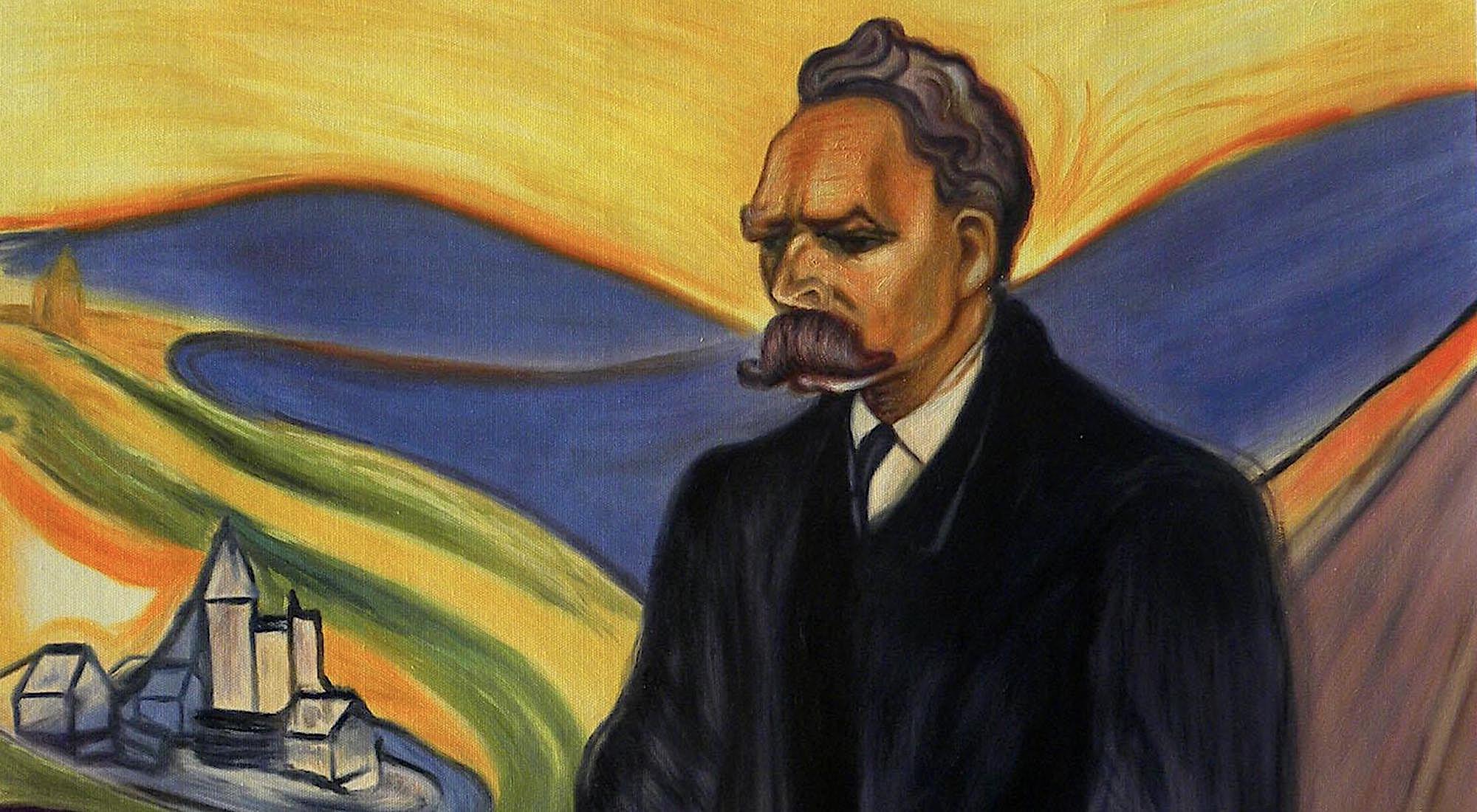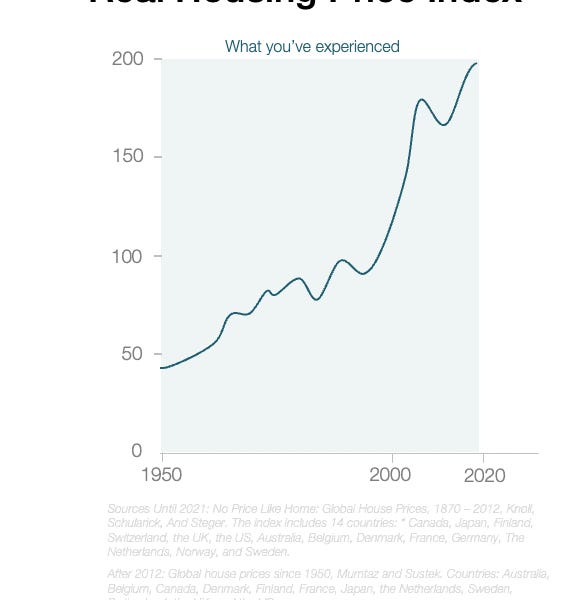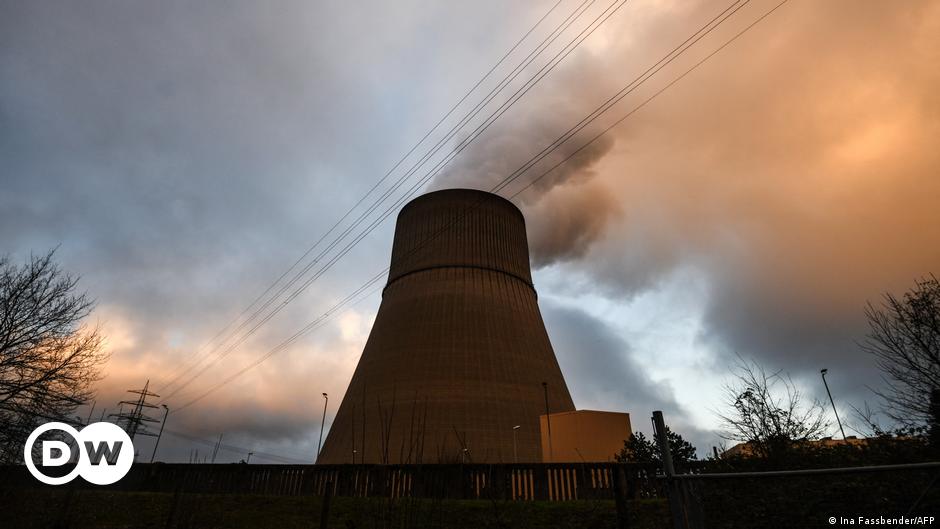
Nominalism, Nihilism, and Modern Politics
In his 1943 book The Abolition of Man, C. S. Lewis predicts that there will be a time, “not too far off,” when humanity’s technological prowess will enable us to conquer human nature—to reject, alter, and abolish limits heretofore thought to be permanent. Since his time, we have made great strides toward moderating cyclical economic crises (such as the Great Depression of 1837, the Long Depression of the late 1800s, and the Great Depression of the 1930s), eliminating the structural or natural causes of famine, and reducing the rate of infant mortality to a fraction of what it was even sixty years ago, let alone for most of human history. And yet, in overcoming natural limitations—in overthrowing forever not only the externally imposed “ought” of gods and kings, but also the “ought” implicit in the still, small voice of nature itself—we have, as Lewis put it, “stepped into the void,” in which “everything except the sic volo, sic jubeo [thus I will, thus I command] has been explained away.” The only ground for human action in such a world is the necessarily untutored movements of human will.
William Bain, a political scientist at the National University of Singapore, paints a very similar picture in his 2020 book Political Theology of International Order. The world in which we find ourselves “discloses no pre-given pattern of meaning or purpose,” in which all meaning is constructed meaning, all order “imposed order.” Put differently, we live in a world in which the only basis for human action or belief is “conditional assertions of will.” Yet Bain’s account differs from Lewis’s in two crucial respects. First, Bain locates the origins of this world in the very last place Lewis would have thought to find them: Christianity itself. Second, where Lewis feared that nihilism was a prelude to unprecedented tyranny, Bain argues that nihilism is both the necessary result of a world transformed by Christian freedom and the foundation of the modern liberal order (and indeed of all future political action).





















